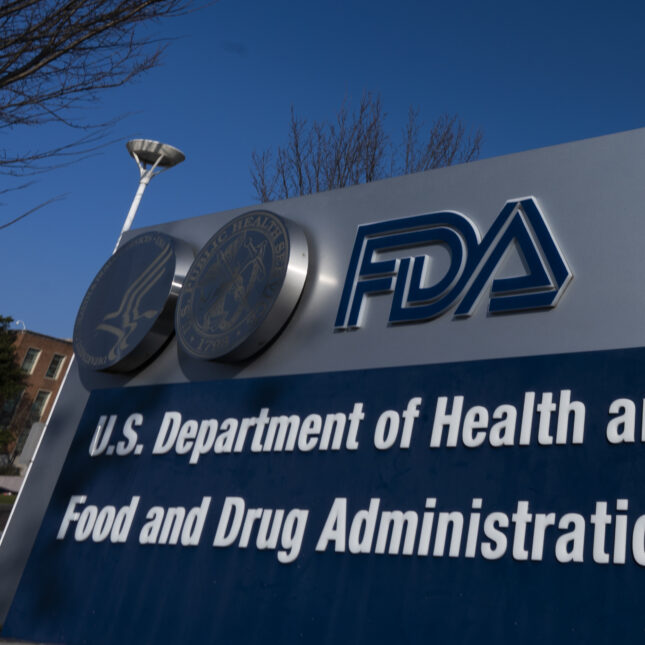The U.S. Food and Drug Administration (FDA) has issued a Complete Response Letter (CRL) to Johnson & Johnson (J&J), declining approval for the subcutaneous (injectable) formulation of its lung cancer medication, Rybrevant.
Key Points:
- Reason for Non-Approval: The FDA’s decision is linked to observations made during a standard pre-approval inspection at a manufacturing facility. Importantly, these observations are unrelated to the drug’s formulation, efficacy, or safety. The FDA has not requested additional clinical studies.
- Current Status of Rybrevant: The existing intravenous (IV) formulation of Rybrevant remains approved and available for use. This includes its use as a mono-therapy and in combination with chemotherapy for patients with non-small cell lung cancer (NSCLC) harbouring EGFR mutations.
- J&J’s Response: Johnson & Johnson is collaborating closely with the FDA to address the identified issues and aims to make the subcutaneous version of Rybrevant available to patients promptly.
Background on Rybrevant:
- Mechanism of Action: Rybrevant is designed to disrupt the growth of cancerous cells by targeting the epidermal growth factor receptor (EGFR) and MET pathways, thereby inhibiting tumor proliferation.
- Regulatory Approvals: In August 2024, the FDA approved Rybrevant in combination with J&J’s drug lazertinib as a first-line treatment for NSCLC patients with EGFR mutations.
Implications:
- Patient Impact: The availability of a subcutaneous formulation could offer patients a more convenient administration route compared to the intravenous method, potentially improving adherence and quality of life.
- Next Steps: J&J’s prompt action to resolve the manufacturing facility issues is crucial to obtaining approval for the subcutaneous version, which could enhance treatment options for NSCLC patients.
Note: This summary is based on information available as of December 16, 2024. For the latest updates, please refer to official communications from the FDA and Johnson & Johnson.





